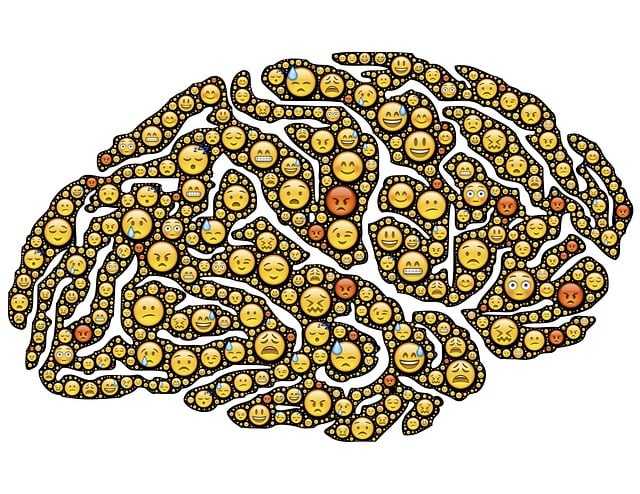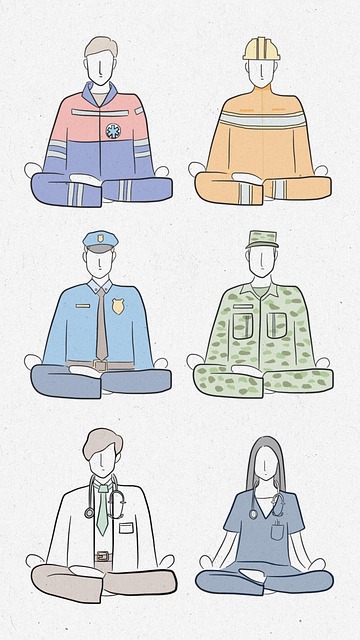Castle Rock Gambling Therapy (CRGT) offers a unique, proactive approach to mental wellness using the RFM framework (Resourceful, Flexible, Mindful). They combine Self-Esteem Improvement and Mental Wellness Journaling to help individuals discover inner strength, adapt to challenges, and maintain mindfulness. This method prevents issues like depression by promoting control and groundedness in response to stress. CRGT's focus on building resilience aims to not only treat gambling addiction but also equip clients with tools for future obstacle overcoming, ultimately enhancing overall well-being. Integrating RFM into daily life can significantly improve long-term mental health.
“Discover the power of RFM (Recovery, Flexibility, and Mastery) in building resilience with this comprehensive guide. We explore its pivotal role in mental wellbeing, drawing insights from the Castle Rock Gambling Therapy approach. Learn effective exercises to enhance resilience, navigate challenges, and foster long-term mental health. Understanding RFM can equip individuals with tools to thrive, offering a practical framework for integrating these principles into daily life, as advocated by Castle Rock Gambling Therapy.”
- Understanding RFM and Its Role in Resilience Building
- Exercises to Strengthen Resilience: A Castle Rock Gambling Therapy Perspective
- Integrating RFM into Everyday Life for Long-Term Mental Wellbeing
Understanding RFM and Its Role in Resilience Building

Resilience is a vital asset for navigating life’s challenges and setbacks. Castle Rock Gambling Therapy (CRGT) offers an innovative approach to building this strength through the RFM framework. RFM stands for Resourceful, Flexible, and Mindful—three key pillars that empower individuals to cope with stress and adversity. By understanding one’s resources, learning to adapt flexibly in various situations, and cultivating mindfulness, people can enhance their overall mental wellness.
CRGT incorporates Self-Esteem Improvement techniques and Mental Wellness Journaling Exercise Guidance to help individuals discover and harness their inner strengths. This process is particularly beneficial in preventing issues like depression by fostering a sense of control and adaptability. Through tailored exercises, CRGT guides folks on how to approach challenges mindfully, ensuring they remain grounded and responsive rather than reactive or overwhelmed.
Exercises to Strengthen Resilience: A Castle Rock Gambling Therapy Perspective

At Castle Rock Gambling Therapy, we recognize that building resilience is a crucial aspect of recovering from gambling addiction and related mental illnesses. Our approach focuses on empowering individuals to develop inner strength and cope with life’s challenges effectively. We offer a range of exercises designed to strengthen resilience, encouraging self-awareness and fostering a sense of control.
Through these therapeutic practices, clients learn to navigate difficult emotions, enhance their problem-solving skills, and cultivate positive coping strategies. The goal is not only to reduce the impact of gambling addiction but also to equip individuals with tools to overcome future obstacles. By engaging in regular self-awareness exercises, one can break free from the cycle of stigma associated with mental illness, promoting a healthier mindset and improved overall well-being.
Integrating RFM into Everyday Life for Long-Term Mental Wellbeing

Integrating RFM—or Risk, Frequency, and Money spent on gambling—into everyday life can be a game-changer for long-term mental wellbeing, particularly when guided by professionals like Castle Rock Gambling Therapy. By understanding one’s relationship with gambling, individuals can better manage their impulses and make more thoughtful decisions. This proactive approach to emotional intelligence helps in burnout prevention, as it encourages self-awareness and the development of healthy coping mechanisms.
Furthermore, integrating RFM promotes effective communication strategies. Recognizing patterns of gambling behavior, both positive and negative, fosters open dialogue with support systems, whether it’s friends, family, or professional counselors. This openness enables individuals to navigate challenges more effectively, enhancing their overall resilience and mental fortitude.
In conclusion, integrating RFM (Resilience, Flexibility, and Mastery) principles, as guided by the practices of Castle Rock Gambling Therapy, offers a powerful approach to building mental resilience. By incorporating these exercises into daily routines, individuals can enhance their ability to navigate challenges and promote long-term mental wellbeing. Understanding RFM and its role in resilience building equips folks with tools to foster adaptability and maintain equilibrium, ultimately revolutionizing the way we cope with life’s curveballs.














